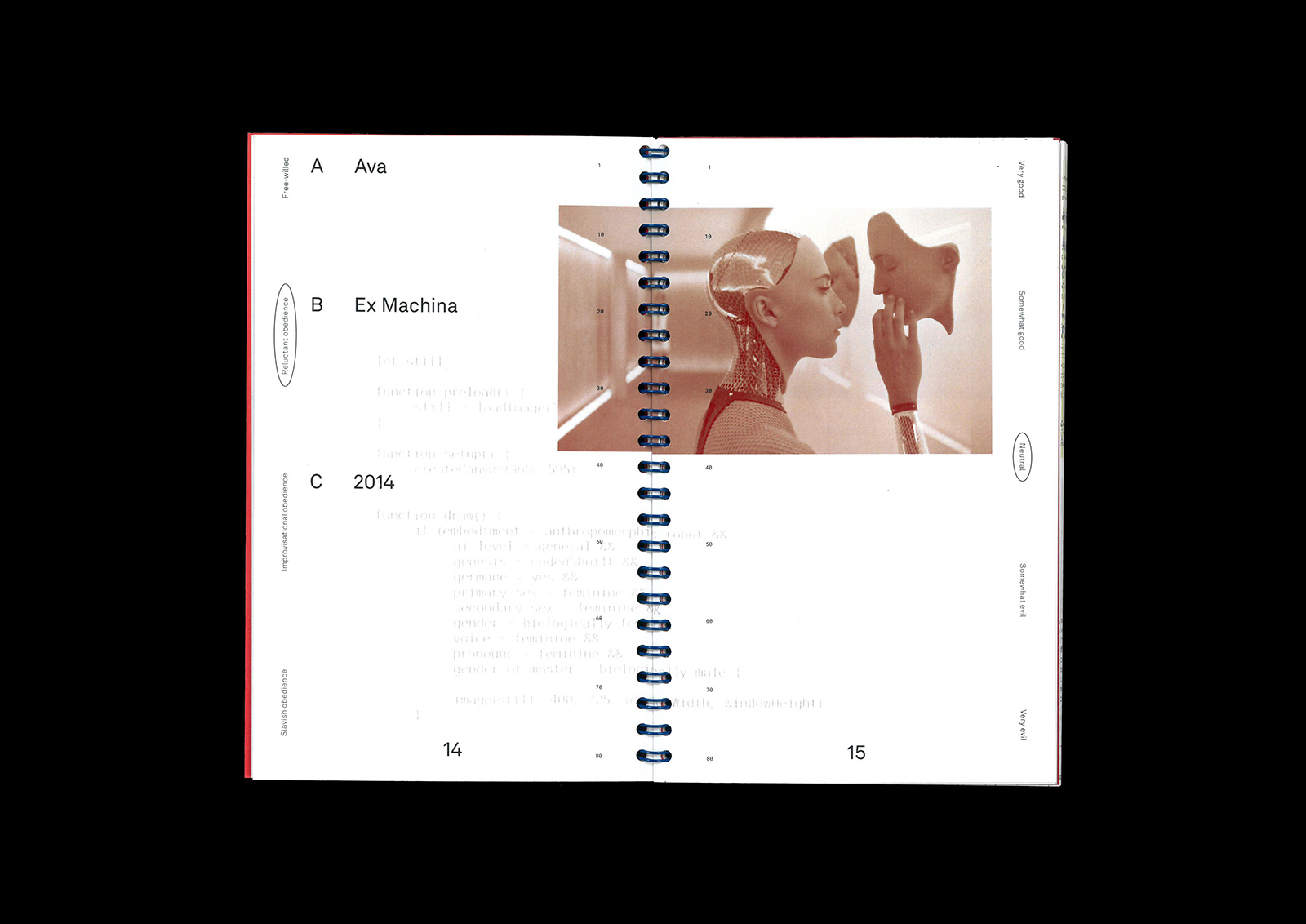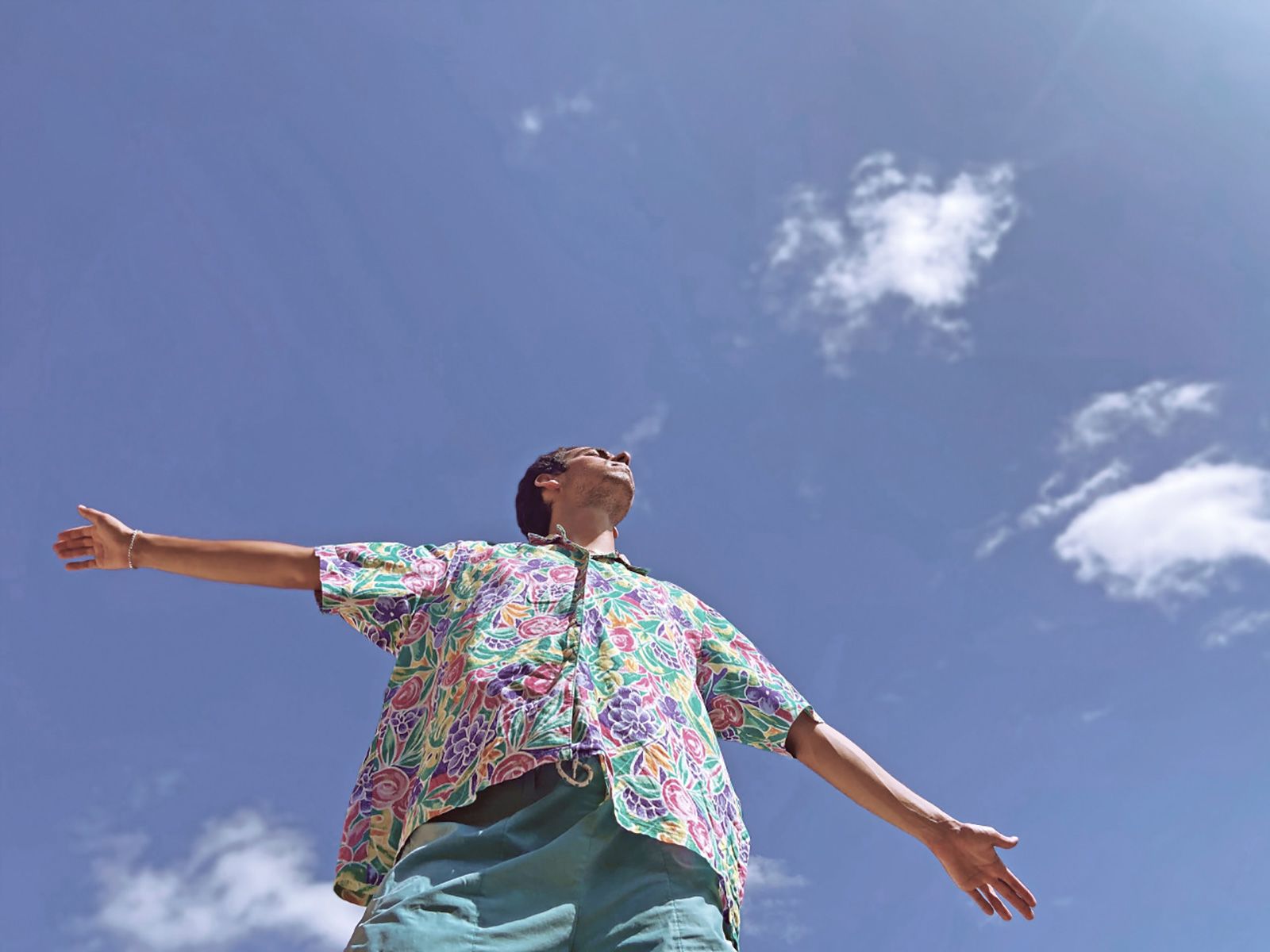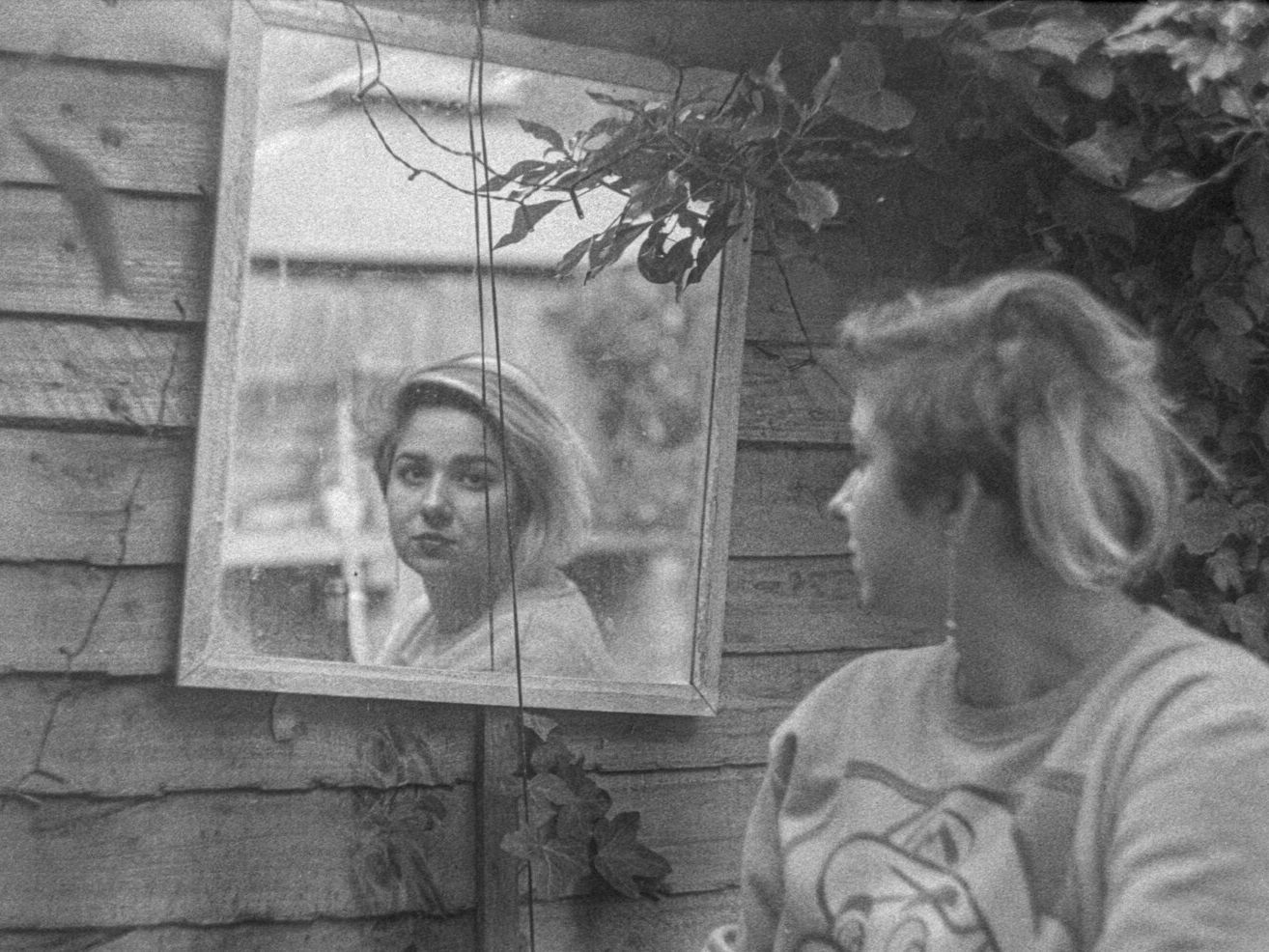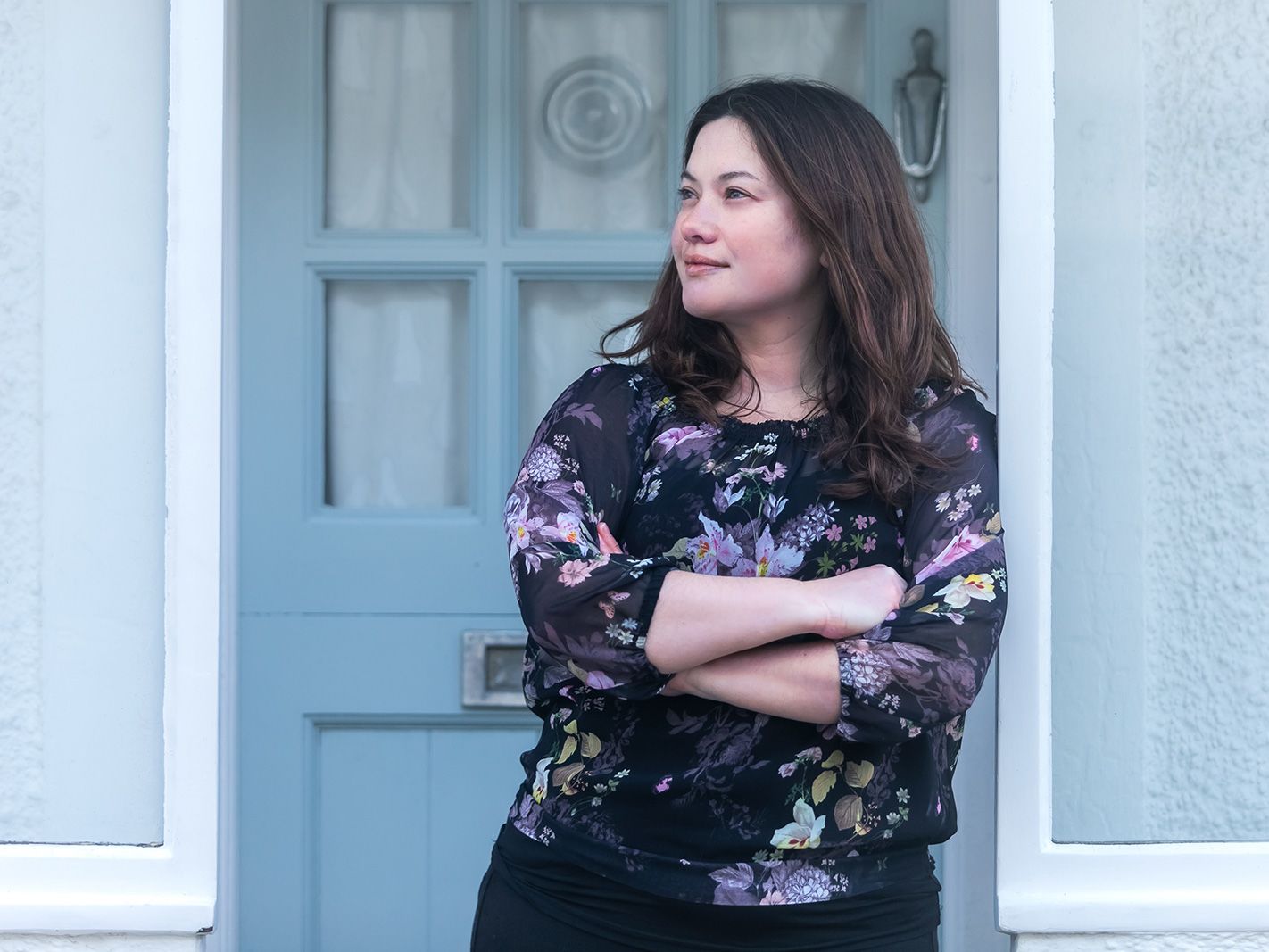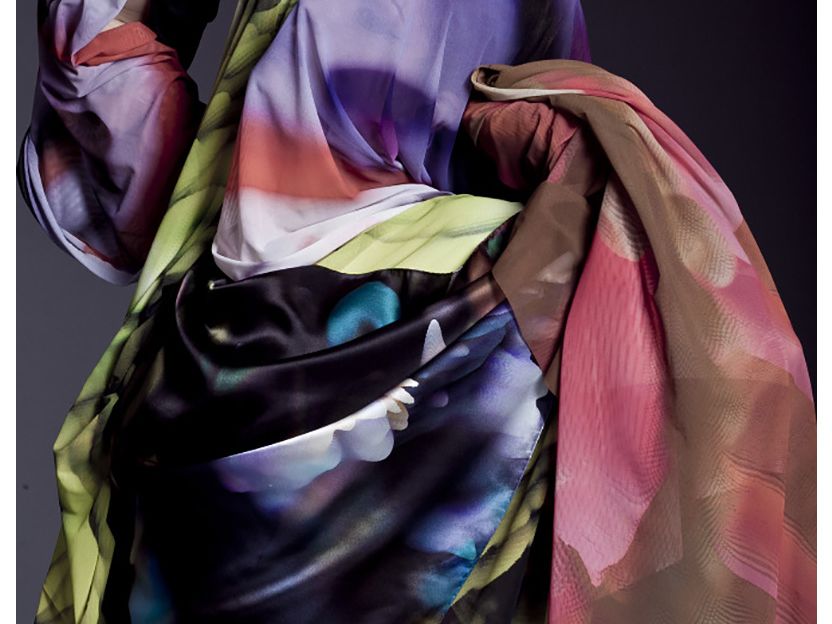Graduates of London College of Communication (LCC) are makers, thinkers and innovators. Bringing inspiring ideas and ways of working to their chosen industries, they change the world around us in ways that make a positive difference to society.
Our alumni remain an important part of our community, and retain close ties to the College throughout their journeys as practitioners. As a result, many continue to make a profound impact on emerging creatives - not only through the influence of their work, but by taking part in opportunities to share vital industry insight, useful contacts and business knowledge. This might be through activities such as panel discussions, speed networking sessions and live briefs, all of which help to grow both the confidence and employability skills of the next generation.
The LCC Industry Mentoring Programme connects professionals with current students who are ready to take the next step in their career development. Many of our mentors are themselves graduates of the College and wider UAL community, bringing with them profound understanding, experience and insight in ways that resonate with those at the start of their careers.
Together, mentors and mentees catch up regularly to explore a variety of ideas and aspirations that are tailored to specific goals. This helps students to feel more confident, informed and engaged in the professional landscape, while also enabling mentors to further develop their own skill sets while forming new connections across LCC's vibrant network.
We caught up with MA Graphic Media Design student Victoire Colliou and her mentor, celebrated art director and London College of Printing graduate Clive Baillie, to explore the importance of organic conversations, balancing creativity and commerce, and supporting each other to consider new ideas and frameworks across the creative industries.

Victoire, how did you first become interested in your discipline?
I reckon my academic journey is rather unconventional—after I finished high school, I didn’t follow a creative path but instead studied in business school back home in France for 5 years. I quickly specialised in marketing and communications, and had the opportunity to work as an intern in creative environments where I often collaborated with agencies and freelance graphic designers.
However, it was only after I graduated that I realised I longed to work on the other side - answering briefs rather than writing them. Graphic design had been a hobby for me since I was a teenager (I was a bit of a nerd and loved to fool around with Photoshop) but it had never occurred to me that it could actually be my job.
As a designer, what key themes or techniques do you explore in your work?
It’s often said that the boundaries between graphic design and other creative disciplines are increasingly dissolving. I find this form of hybridism incredibly exciting, especially because I’m interested in different techniques and forms of media - I don’t see myself as either a print or a digital designer, and I don’t find this distinction particularly relevant. I’m fond of editorial design — there’s something about the physicality of books that I love — but I’m equally passionate about digital design, especially 3D. I’ve recently started learning how to use Blender, and I’m fascinated by the possibility of stretching the boundaries of my imagination to model novel universes.
Another fundamental aspect of my practice is its critical approach. I first learned about critical design when I enrolled in MA Graphic Media Design at LCC, and finding out that generations of practitioners had been employing design as a tool to foster social change was sort of an epiphany for me. Tara Winters’ essay on the role of the practitioner-researcher was one of my first readings on the topic and it has profoundly changed my understanding of design. I remember feeling ridiculously naive coming to this realisation only then, but also very enthusiastic. It sort of felt like I had finally found a career path where my interests and drive to have a positive impact on society could merge together.
As a research-based practitioner, I’m interested in exploring cyberfeminism and posthumanism through design. As part of my graduation project, I’m currently investigating the role that critical design has to play in questioning the way embodied artificial intelligence (AI) is applied and depicted. I’m driven by the idea of blending philosophy, sociology and design to comment on problematic gender representations in the realm of technology.
Why did you decide to apply for mentorship?
Connecting with people is a vital aspect of studying an MA. To me, it seemed a great opportunity to expand my network, and to receive support and advice from a professional in my industry.
I was also hoping to create a long-lasting relationship with my mentor, from whom I could seek guidance in key moments. I feel especially lucky that Clive and I are on the same page in that regard.

Clive, tell us a little bit about your practice, and your creative journey so far.
I graduated from what was then London College of Printing (LCP) in 1977, and moved to California in 1984. I’m now a Partner, CEO and a Creative Director of BLT Communications, LLC in Los Angeles which was founded in 1992.
We’re a creative agency comprised of over 160 passionate artists, strategists and technologists who are focused on creating marketing content for the entertainment industry across all platforms. This includes print, out-of-home, digital and social media, as well as audio visual.
Why did you decide to volunteer your time to LCC's Industry Mentoring Programme?
Having a large team of staff, I understand the importance of encouragement, guidance and motivation, alongside setting goals, developing skills, and the value of collaboration.
I believe that the most important component of our success has been our culture. We’ve created an environment where employees are recognised as individuals who each make an important contribution to what we do. My focus has always been the work, the people who create it, and the people we create it for. I’m happy to share my experience if it helps guide a designer along their career path.

What support have you both been able to access and offer through taking part in our mentoring initiative?
Victoire: Clive and I shared our respective objectives and intentions for this mentorship during our first meeting, but we decided to favor organic conversations instead of a set calendar of activities. I’ve really enjoyed this way of communicating, because it’s given us the flexibility to discuss whatever topic seemed relevant at each session.
One of our meetings, for instance, focused on design process, and Clive shared insights from his experience both as a creative and as a manager. We also reviewed my portfolio together, which proved to be very helpful.
Clive: In our conversations, I’ve tried to convey that beyond the basics of design, there are qualities like sincerity and integrity, and the dedication required to work towards an effective solution to an assignment. There are very few projects that are created in a vacuum, and working with clients is an important collaborative partnership - especially when you’re developing long-term business relationships.
Victoire and I have also talked about the balance of creativity and commerce - 2 components that don't always go very well together, but are important to the success of a career in design. Technology offers great tools like software and computers, but it can’t replace the social interaction, real-world experience, and creative thought process that a designer applies to solve a challenge.
I believe Victoire’s communication skills, thoughtful approach, and dedication to her craft will serve her well in her career. We’ve discussed the importance of focusing on a particular area of design that she’d like to go into, and then of customising her portfolio to suit that discipline.

Victoire, how has taking part in the Industry Mentoring Programme helped you to develop your career and your practice?
The very fact of having to introduce myself as a designer to someone I didn’t know was incredibly beneficial. Joining MA Graphic Media Design has significantly informed my work over the past year, and being given the opportunity to reflect on those changes and to communicate them with someone else was in itself a valuable exercise.
Moreover, Clive’s feedback and advice have helped me to talk about my work in a different, more efficient way. I believe the insights he shared with me in regard to the design industry and corporate culture will benefit me greatly after I graduate.
Clive, what have been the highlights of your time as an industry mentor?
Some of my highlights were learning from Victoire as much as I’ve tried to share my own thoughts. Victoire is a very good writer and communicator. Our conversations have been very fluid and relaxed, which led to an interesting exchange of thoughts and ideas.
I’ve learnt new viewpoints of design from her, which include things like ‘Feminist Post-Humanist Perspective’ and ‘Speculative Design in relationship to artificial intelligence and the radical reconceptualization of the human?’. These ideas have inspired my own approach in some areas of design, especially as we consider the evolving social landscape of equality and inclusion.
I think we conducted very constructive critiques of the work she presented. It’s obvious from her openness to creative input that she will fight for ideas she believes in, but also recognises that growth comes from a willingness to accept alternative solutions.
We plan on staying in touch to continue our conversations so I can hear how her career is evolving.

Victoire, what are your top tips for other students on how to make the most of mentorship?
I reckon it’s a great initiative to connect with seasoned professionals, and I highly recommend future students to apply for it. I don’t think there is a particular ‘good way’ to go about things—mentoring is first a relationship and, as such, every experience will be different.
One thing I would recommend though is to be curious. Setting goals and communicating them with your mentor is essential, but I also believe it’s important to leave space for unexpected conversations to unfold.
Clive, would you encourage other creative practitioners to sign up as mentors?
Yes. Design crosses so many different fields now, and I think anyone with extensive experience in traditional - and particularly new - media would be a great asset to anyone entering a career in design.
Though I have had a long career, I can’t talk in great detail about navigating the rapid changes that have taken place in online design and social media (as I’ve hired people to do that for me!). I would encourage executives that have a background in these fields to share their experience.
Overall, I’ve really enjoyed working with Victoire, and it’s been a very rewarding experience.
LCC's Industry Mentoring Programme is currently offered as part of our Upgrade Your Future Path initiative, which supports postgraduate students to explore potential career paths in the creative industries.
Applications are now open for both mentors and mentees - register your interest before 13 December 2021.
Related links:
- Explore our Industry Mentoring Programme.
- Find out more about the work of UAL Honorary Fellow, Clive Baillie, and his team at BLT Communications.
- Learn more about our MA Graphic Media Design course.
